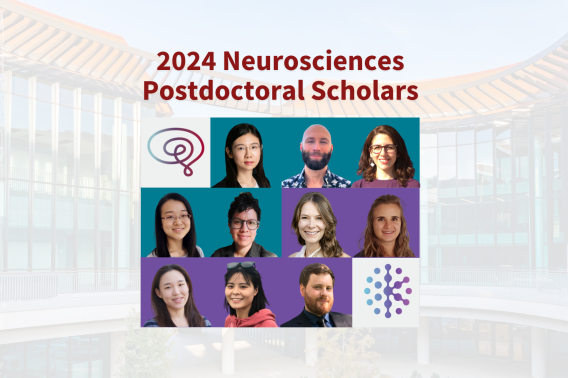Project Summary
Maintaining the health and function of the aging brain is crucial to improving the quality of older people’s lives and reducing societal burden. Aging is often accompanied by a decline in memory for life events (episodic memory), especially in those at risk for Alzheimer’s disease (AD). Yet some at-risk individual’s manage to maintain memory function, which raises important questions about the brain mechanisms that underly memory resilience. Leveraging longitudinal data from a well-characterized large sample of cognitively unimpaired (CU) older adults enrolled in the Stanford Aging and Memory Study (SAMS), I will systematically investigate whether functional MRI measures of memory encoding, along with biomarker measures of AD pathology, provide new insights into mechanisms of memory resilience. First, I will examine subsequent memory effects (SME), which are neural responses during events that predict later remembering vs. forgetting, to examine whether these indicators are linked to memory resilience, providing a window onto mechanism and potentially serving as resilience neuro- biomarkers. I will test whether SMEs predict change in memory function from baseline to 7-yr follow-up, hypothesizing that at-risk individuals with greater SMEs at baseline will be less susceptible to AD pathology and thus demonstrate memory resilience over time. My analyses of the link between SMEs and resilience will draw on measures of neural activity intensity and measures of brain patterns (i.e., neural representations of events) to test whether these distinct neural metrics explain unique variance in memory. Second, I will examine specific computations of the hippocampus, a structure critical for episodic memory and known to be impacted early in AD, to determine whether they predict memory resilience in the moment and across time. By studying CU older adults before clinical symptoms and widespread neuronal damage has ensued, I seek to reveal early brain predictors underpinning memory resilience. This will advance understanding of the brain mechanisms of human memory and provide theoretical and empirical guidance for accurate identification, monitoring, and treatment of at-risk individuals.
Project Details
Funding Type:
Brain Resilience Scholar Award
Award Year:
2024
Lead Researcher(s):
Team Members:
